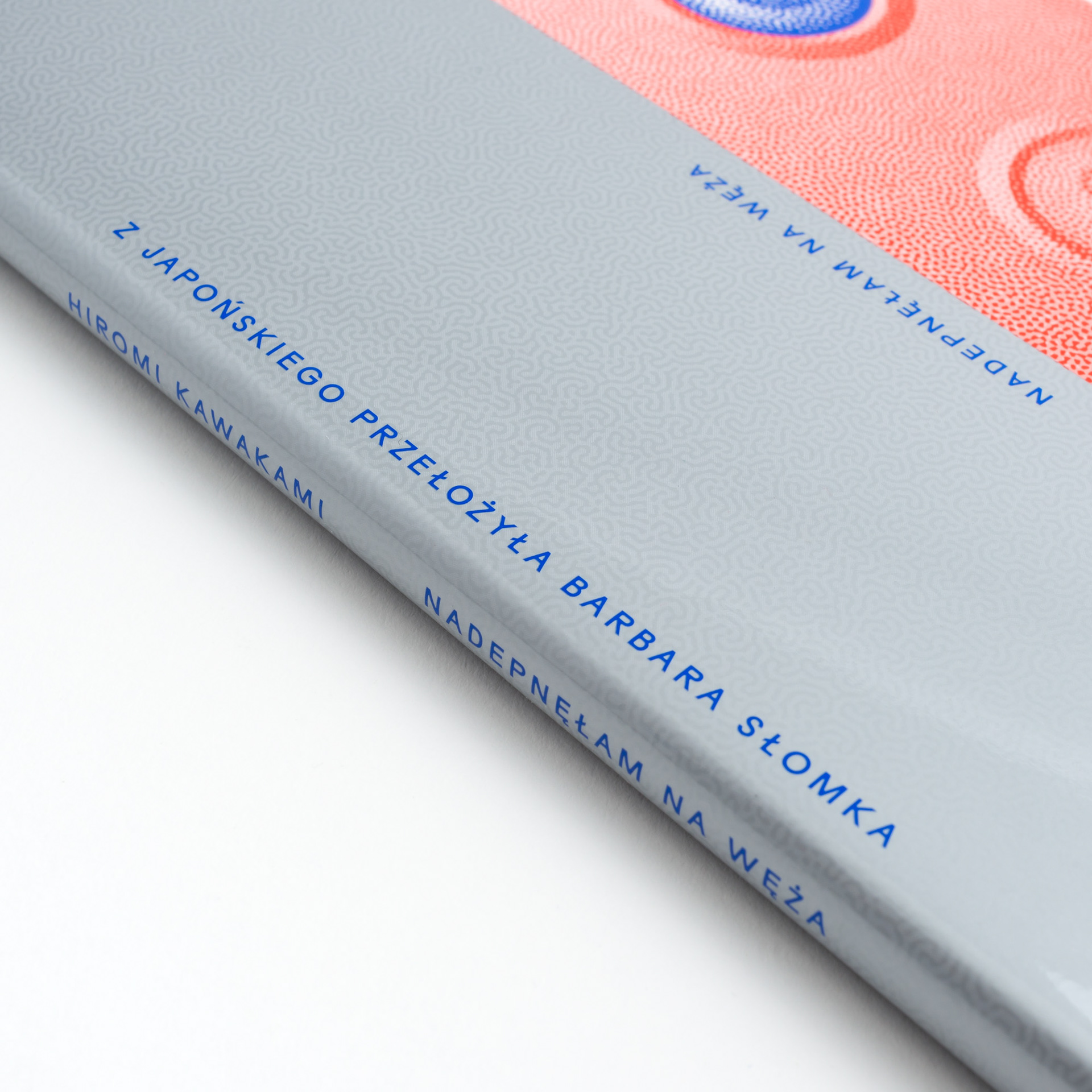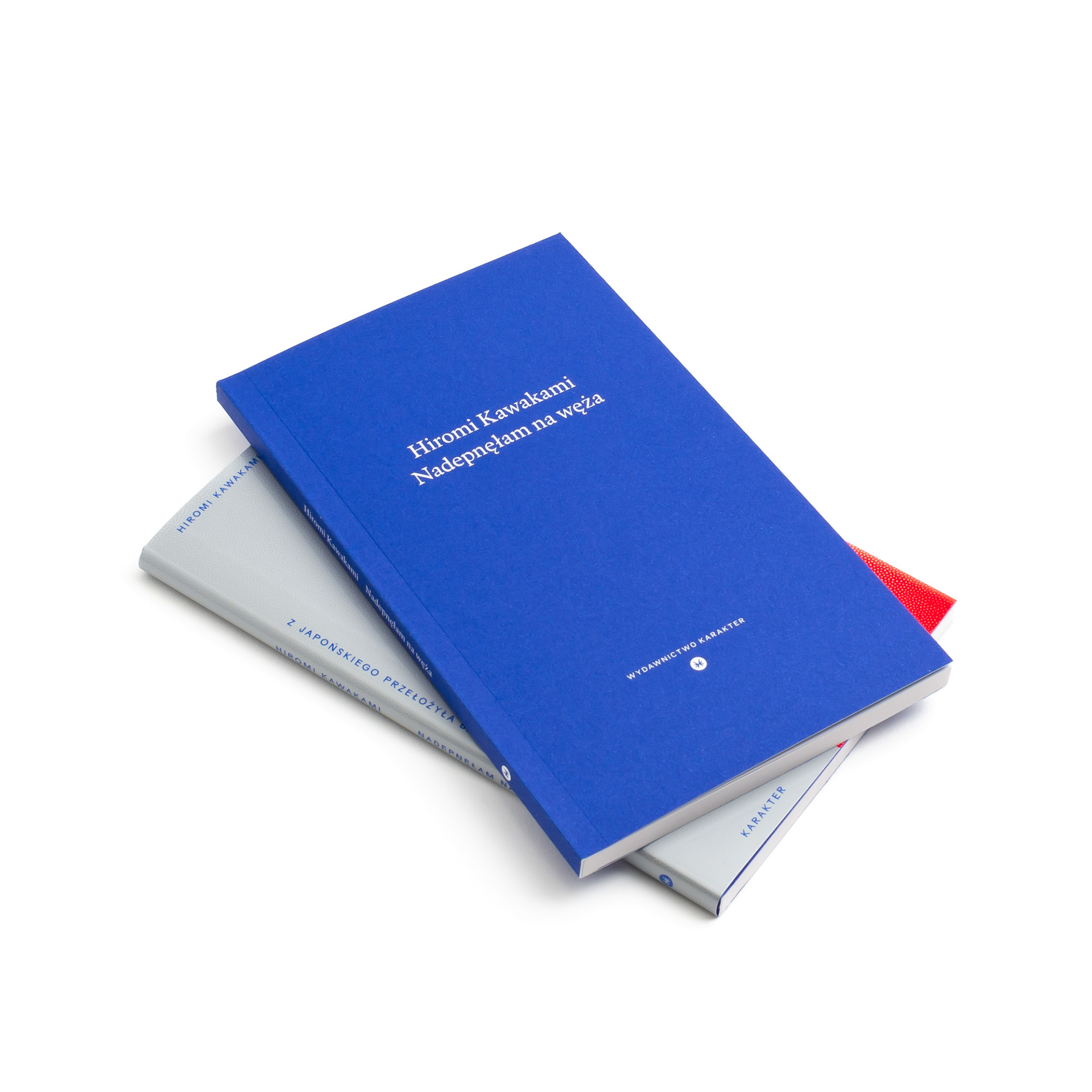Why the eye? Such are our atavisms: the face, and especially the eye, attracts attention. And if its image is still modified, that's it: alarm sirens go off in our brains: ATTENTION, SOMETHING IS WRONG.
The narrator of the second story of Hiromi Kawakami's collection lives in a block of flats, the estate is her whole world. Not all the familiar rules apply here. Lately they have been disappearing quite often, is how the story begins. And a few sentences later we learn: It has just been two weeks since my oldest brother disappeared. I have no idea what's going on with him, but I can sense his presence, as if he were circling right next door. It's a life whose rhythm is set by unfamiliar customs and rituals, where you can still feel someone's presence. I myself grew up in an 11-story block of flats, and I still remember the elevator and the round buttons with floor numbers, and what it would be like, I thought, if someone was watching me.
The narrator of the second story of Hiromi Kawakami's collection lives in a block of flats, the estate is her whole world. Not all the familiar rules apply here. Lately they have been disappearing quite often, is how the story begins. And a few sentences later we learn: It has just been two weeks since my oldest brother disappeared. I have no idea what's going on with him, but I can sense his presence, as if he were circling right next door. It's a life whose rhythm is set by unfamiliar customs and rituals, where you can still feel someone's presence. I myself grew up in an 11-story block of flats, and I still remember the elevator and the round buttons with floor numbers, and what it would be like, I thought, if someone was watching me.
Year: 2023
Page size: 110×180 mm (4.3×7.1 in.)
Pages: 144
Paper: Stella HB 2.0 70 g
Binding: paperback with dust jacket
Cover material: Amber Graphic 300 g, Arctic Volume White 170 g (dust jacket)
Typefaces: Rauschen B
Page size: 110×180 mm (4.3×7.1 in.)
Pages: 144
Paper: Stella HB 2.0 70 g
Binding: paperback with dust jacket
Cover material: Amber Graphic 300 g, Arctic Volume White 170 g (dust jacket)
Typefaces: Rauschen B
I wanted to represent the eye on the elevator panel with a photomontage or illustration. A program that turns any photo into a mosaic of scattered single-color dots helped. I prepared several overlapping layers: separately shadows, midtones, and lights. The silver part of the cover next to the illustration also features a stochastic pattern so that the whole thing sticks together. Inscriptions are small so as not to distract the viewer's attention, the EYE is supposed to catch the eye.
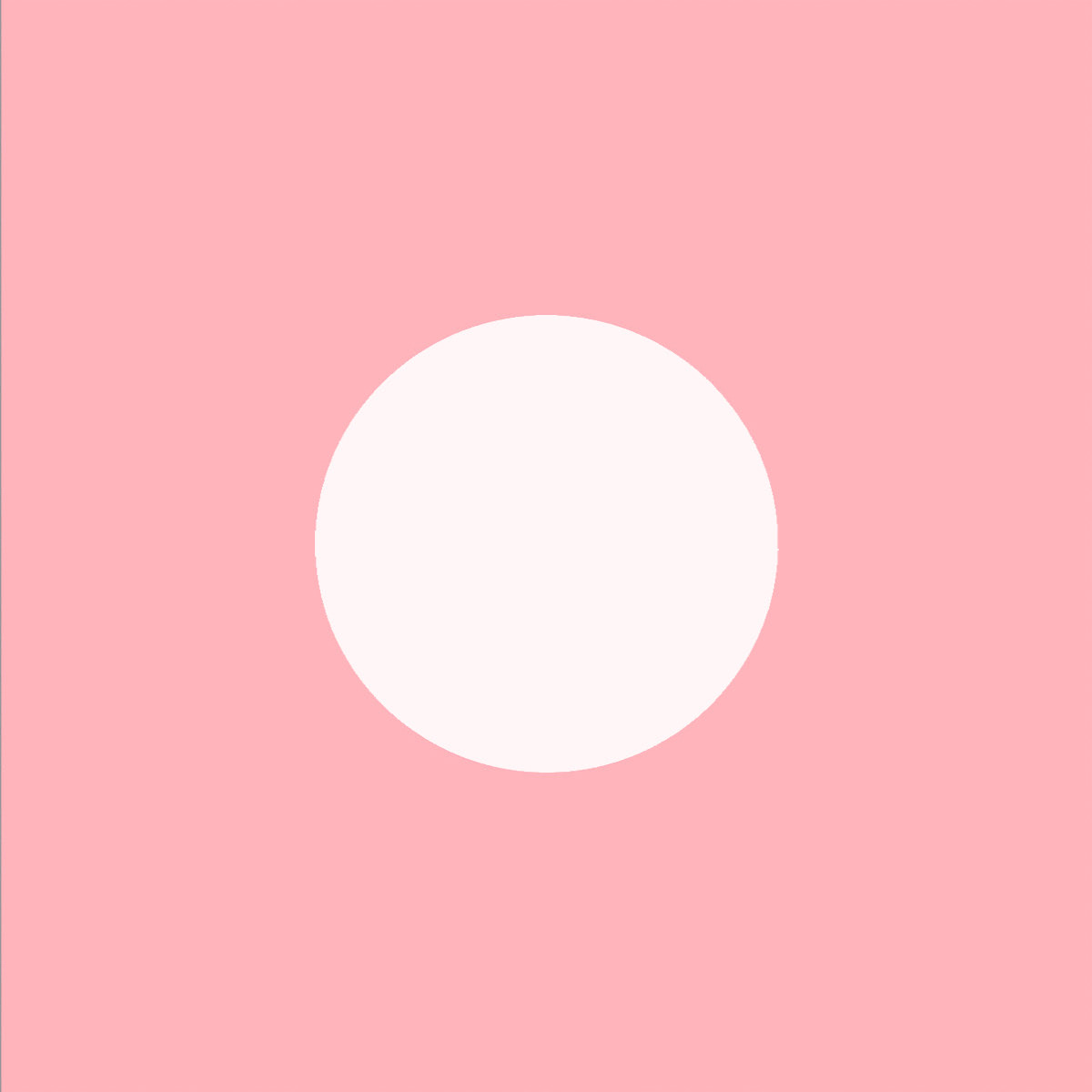
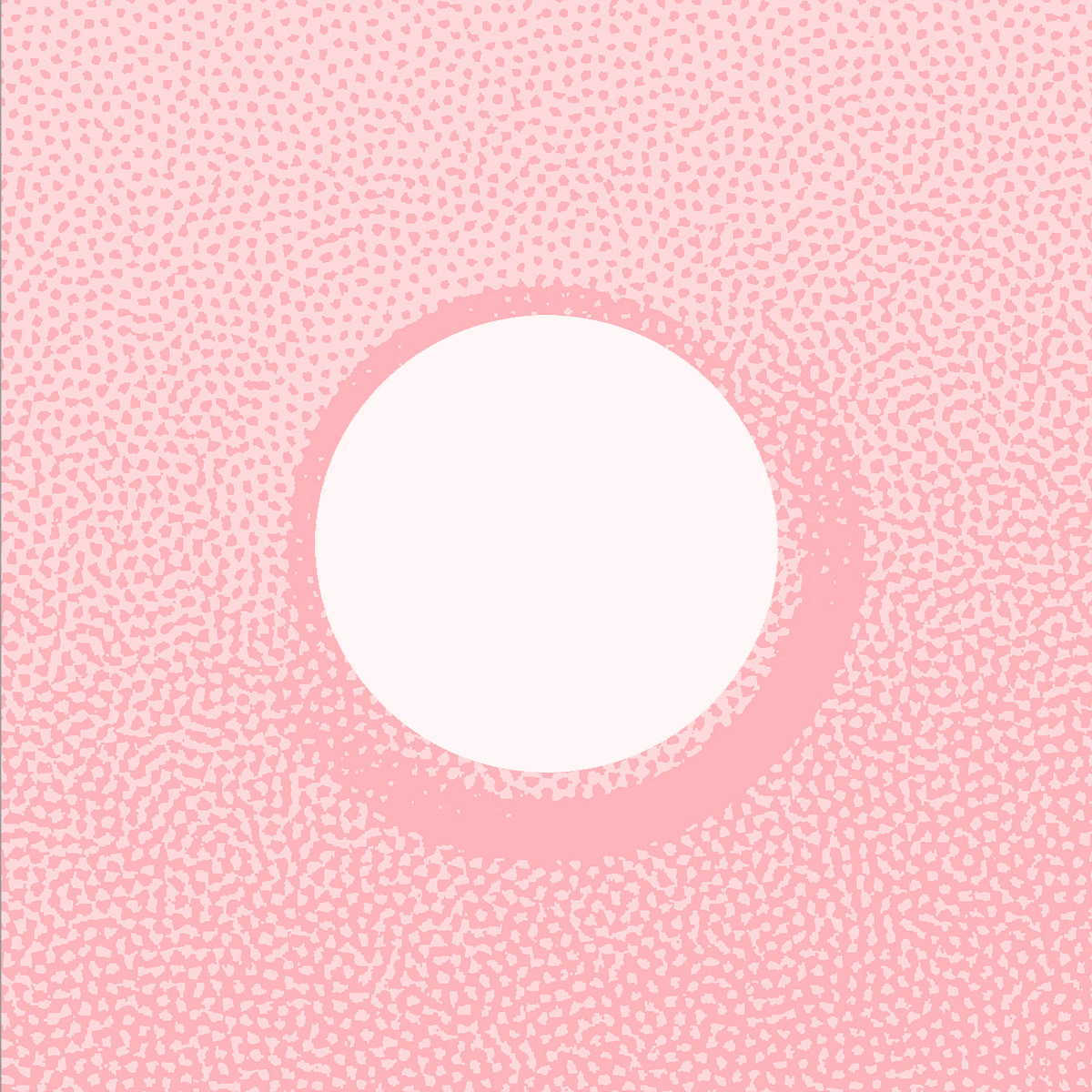
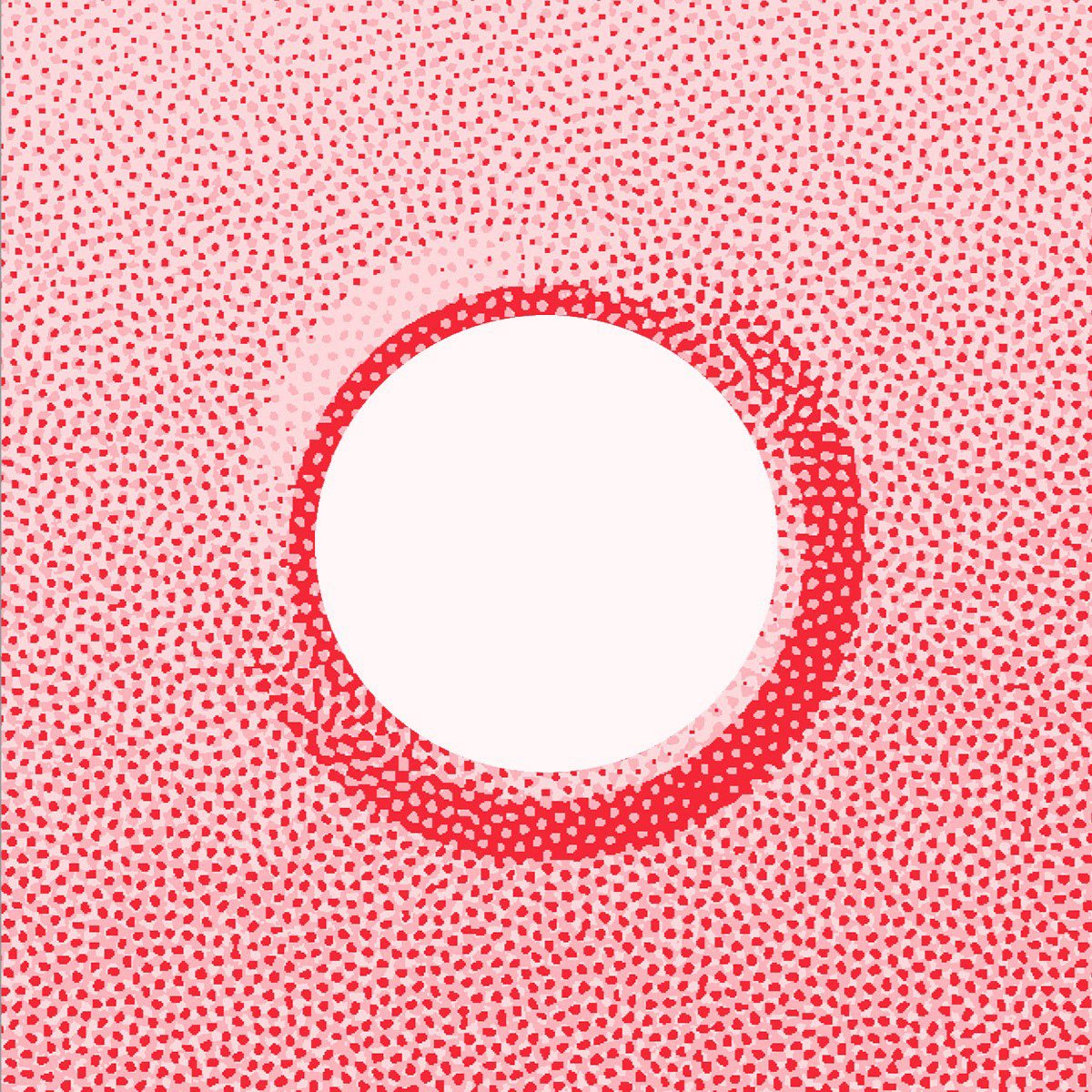
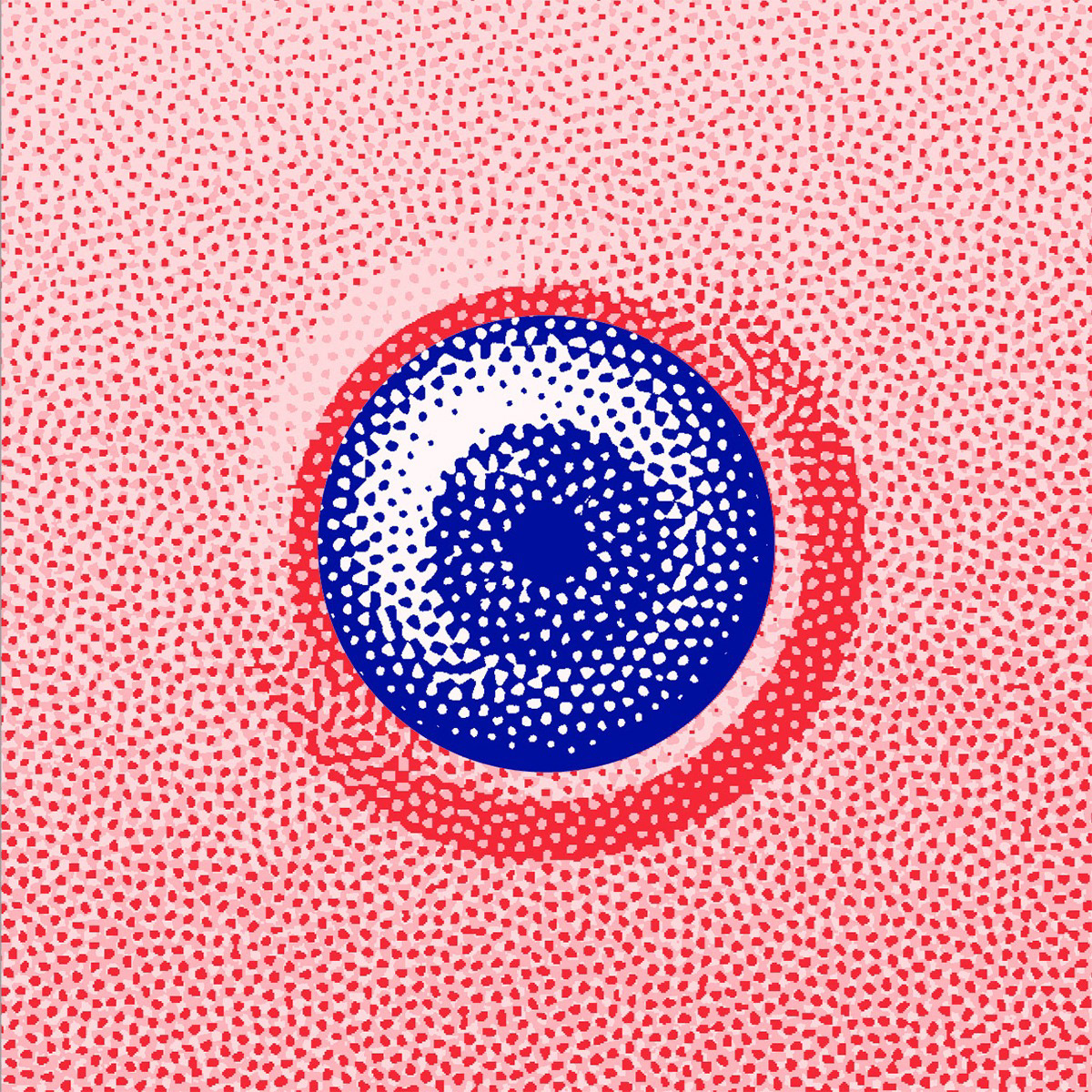
And I printed everything with four Pantone colors. The color range of an ordinary CMYK printing palette is so-so, it always turns out that if I care about a particular shade of pink, navy blue or red, I have to use additional Pantone color. Usually I use one, sometimes two. Kawakami's dust jacket is pure decadence: four Pantones: silver, cobalt, pink and red. Each one hundred percent saturated, which is why the colors of the dust jacket are so vivid.
I don't even want to know how much it cost me!
I don't even want to know how much it cost me!
